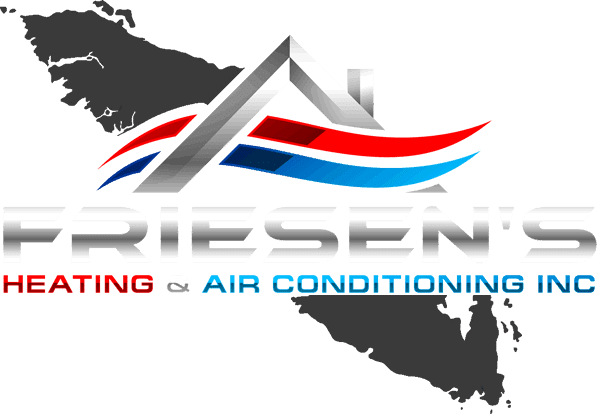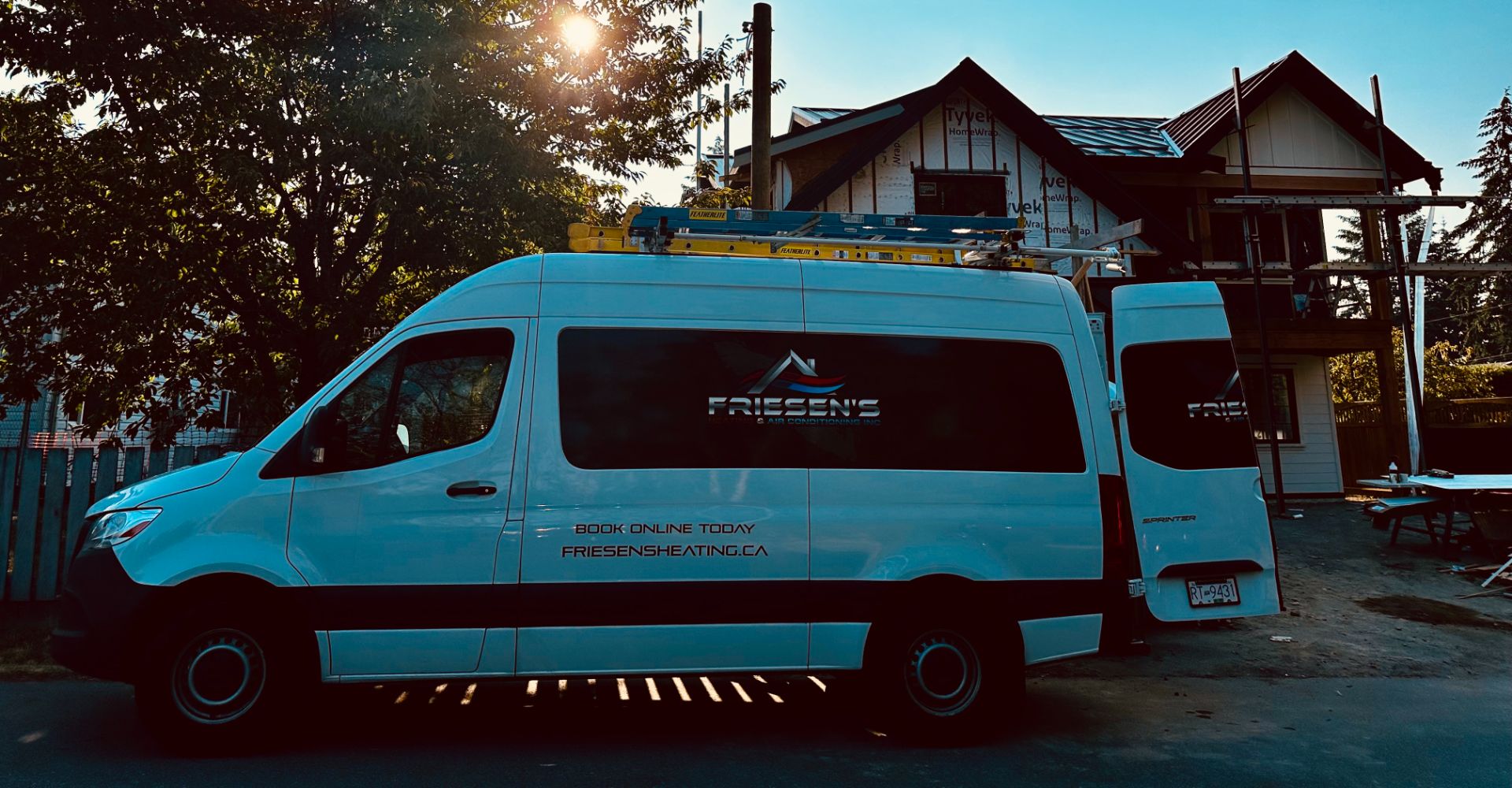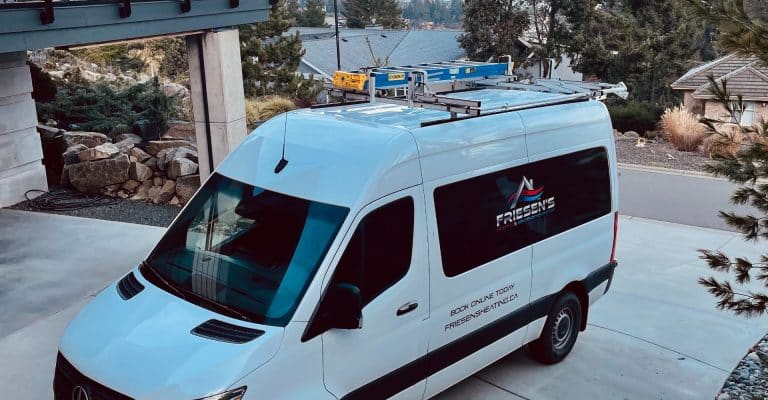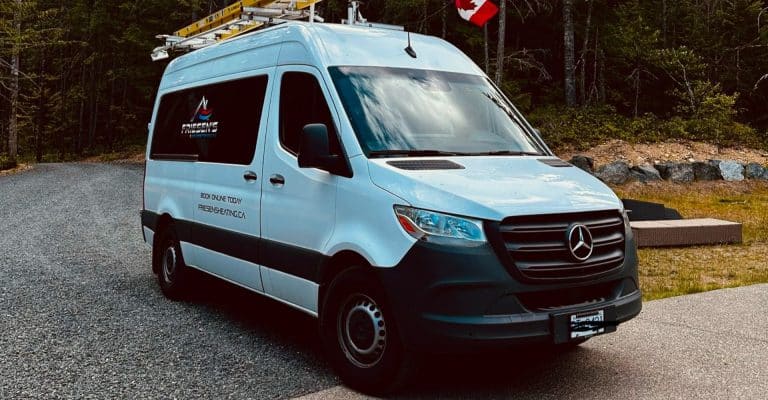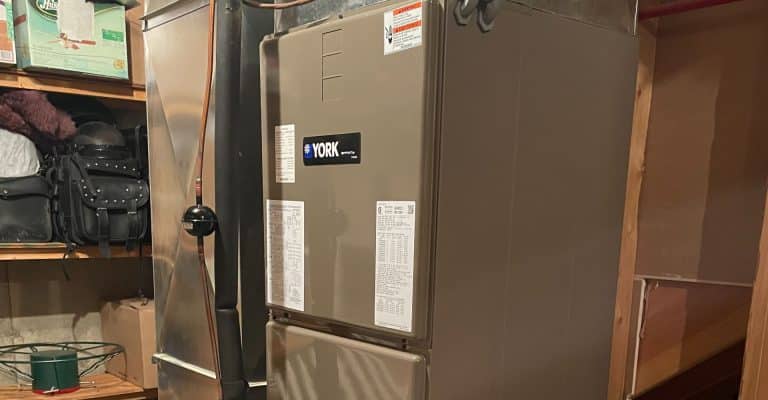Is It Time to Replace Your Old Furnace? Benefits of Upgrading to a Modern, Energy-Efficient System
For homeowners on Vancouver Island, having a reliable heating system is crucial during the colder months. However, if your furnace is getting older, you may start noticing signs that it's no longer performing as well as it used to. Upgrading to a modern, energy-efficient furnace—whether natural gas or oil—can provide a range of benefits, from lowering your energy bills to improving indoor comfort and air quality.
In this blog post, we’ll explore the telltale signs that your old furnace may be nearing the end of its lifespan and discuss the advantages of upgrading to a newer, more efficient system.
Signs Your Old Furnace May Need Replacement
As furnaces age, they tend to lose efficiency and require more frequent repairs. Here are some common signs that it might be time to replace your old furnace:
1. Age of the Furnace
Most furnaces have a lifespan of 15 to 20 years. If your furnace is approaching or has exceeded this age, it’s likely time to start considering a replacement. Older systems tend to be less efficient and more prone to breakdowns, which can increase your heating costs and reduce comfort.
Tip: Check your furnace’s age by looking for the installation date on the manufacturer’s label or in your records. If it’s more than 15 years old, it’s worth evaluating whether a new furnace could save you money in the long run.
2. Increased Energy Bills
Have you noticed your energy bills creeping up during the heating season? As furnaces age, they become less efficient, meaning they have to work harder to heat your home. This results in higher energy consumption and increased utility costs.
Tip: If your furnace has been well-maintained but you’re still seeing rising energy costs, it could be a sign that it’s time to invest in a newer, more energy-efficient model.
3. Frequent Repairs
Older furnaces often require frequent repairs, especially if key components like the blower motor, heat exchanger, or burners begin to fail. If you find yourself calling for repairs more often than you used to, replacing the furnace may be more cost-effective than continually fixing an aging system.
Tip: If the cost of repairs is adding up to more than half the cost of a new furnace, it’s usually more economical to replace the unit.
4. Uneven Heating
Do some rooms in your home feel too hot while others are too cold? Uneven heating is a common issue with older furnaces, especially those with worn-out components or outdated technology. Newer furnaces use more advanced features, like variable speed blowers, to provide consistent and even heating throughout your home.
Tip: If you’re constantly adjusting your thermostat or using space heaters to compensate for uneven heating, it’s time to consider upgrading to a modern furnace.
5. Strange Noises or Smells
Rattling, banging, or squealing noises coming from your furnace can indicate serious issues with the blower, motor, or heat exchanger. Likewise, unusual smells—especially a burning smell—could signal problems with the furnace's internal components.
Tip: If your furnace is making strange noises or emitting odd smells, it’s important to have it inspected by a professional. In many cases, these issues are signs of an aging furnace that’s ready to be replaced.
6. Dry or Dusty Air
Older furnaces may struggle to maintain proper humidity levels and air quality in your home, resulting in dry air, excessive dust, or a lingering musty smell. Modern systems are designed to improve air quality by incorporating better filtration and humidification options.
Tip: If you notice more dust around your home or experience frequent dry skin, respiratory issues, or static electricity, your furnace could be contributing to poor indoor air quality.
The Benefits of Upgrading to a Modern, Energy-Efficient Furnace
Replacing an old furnace with a modern, energy-efficient unit—whether natural gas or oil—offers numerous benefits for both your comfort and your wallet. Here’s why upgrading is a smart investment:
1. Energy Savings
One of the biggest advantages of upgrading to a new furnace is the energy savings. Modern furnaces are significantly more efficient than older models, which means they use less fuel to heat your home. New high-efficiency furnaces can operate at 90% to 98% efficiency, meaning nearly all the fuel is converted into heat.
Benefit: Lower energy consumption translates to lower heating bills, especially during the coldest months when your furnace is working its hardest.
2. Improved Comfort and Temperature Control
Newer furnaces offer advanced features like variable speed motors and multi-stage burners that allow for more precise temperature control and consistent heating. These technologies ensure that your home stays comfortable without the constant temperature fluctuations that can occur with older furnaces.
Benefit: Enjoy more even heating, fewer cold spots, and greater control over your indoor climate, resulting in a more comfortable living environment.
3. Reliability and Fewer Repairs
A modern furnace is built to last, offering greater reliability and fewer breakdowns than an aging system. With regular maintenance, a new furnace will require fewer repairs and provide dependable heating for many years to come.
Benefit: Reduced need for emergency repairs and peace of mind knowing your heating system is reliable during the winter months.
4. Quieter Operation
Older furnaces can be noisy, especially when key components like the blower motor or heat exchanger begin to wear out. Modern furnaces are designed with noise reduction in mind, making them much quieter than their predecessors.
Benefit: Enjoy a quieter home environment with a furnace that operates smoothly and silently in the background.
5. Environmentally Friendly
Energy-efficient furnaces reduce your home’s carbon footprint by using less fuel and producing fewer emissions. Natural gas furnaces, in particular, burn cleaner than oil, making them a more environmentally friendly option for homeowners looking to minimize their impact on the planet.
Benefit: A new furnace not only saves you money but also helps reduce your household’s environmental impact.
6. Better Indoor Air Quality
Newer furnaces often come with advanced filtration systems that can significantly improve the quality of the air in your home. These systems remove more dust, allergens, and pollutants from the air, helping to create a healthier living space.
Benefit: Cleaner, healthier air for you and your family, with less dust and fewer allergens circulating through your home.
Should You Switch from Oil to Natural Gas?
If you currently have an oil furnace, upgrading to a new natural gas furnace could offer even greater benefits. Natural gas is typically cheaper than heating oil and burns cleaner, producing fewer emissions. Additionally, natural gas furnaces require less maintenance than oil furnaces, which can reduce your overall heating costs over time.
Benefits of Converting from Oil to Natural Gas:
Lower Fuel Costs: Natural gas is generally less expensive than oil, which means switching to a gas furnace can lower your heating bills.
Cleaner Burning: Natural gas burns more cleanly than oil, producing fewer pollutants and reducing your carbon footprint.
Less Maintenance: Oil furnaces require regular maintenance to prevent soot buildup and ensure efficient operation. Natural gas furnaces tend to need less frequent cleaning and servicing.
Higher Efficiency: Many natural gas furnaces operate at higher efficiency levels than oil furnaces, resulting in better performance and more energy savings.
If natural gas is available in your area, it’s worth considering a conversion from oil to gas when replacing your furnace.
Is It Time to Upgrade Your Furnace?
If your furnace is showing signs of age, requires frequent repairs, or is no longer operating efficiently, now may be the time to consider upgrading to a modern, energy-efficient system. Whether you choose a natural gas or oil furnace, the benefits of upgrading include lower energy bills, improved comfort, enhanced reliability, and better indoor air quality.
At Friesen’s Heating & Air Conditioning, we specialize in helping homeowners on Vancouver Island choose the right furnace for their needs. Whether you’re replacing an old furnace or considering a switch from oil to natural gas, our team can guide you through the process and ensure a seamless installation.
Our Service Areas
Friesen’s Heating & Air Conditioning proudly serves the entire Oceanside and surrounding regions of Vancouver Island, including:
- Qualicum Beach
- Parksville
- Bowser
- Nanoose
- Errington
- Whiskey Creek
- Lantzville
- Courtenay
- Nanaimo
- Hornby Island
- Denman Island
- Gabriola Island
- Protection Island
- Tofino
- Ucluelet
- Port Alberni
Ready to Upgrade Your Furnace? Contact Friesen’s Heating & Air Conditioning Today!
If your old furnace is costing you more than it should or no longer keeping your home comfortable, it’s time to consider an upgrade. At Friesen’s Heating & Air Conditioning, we can help you choose the perfect furnace for your home and ensure it’s installed to the highest standards.
Ready to schedule a consultation? Call us at (250) 714-5230 or fill out our online contact form to book online.
